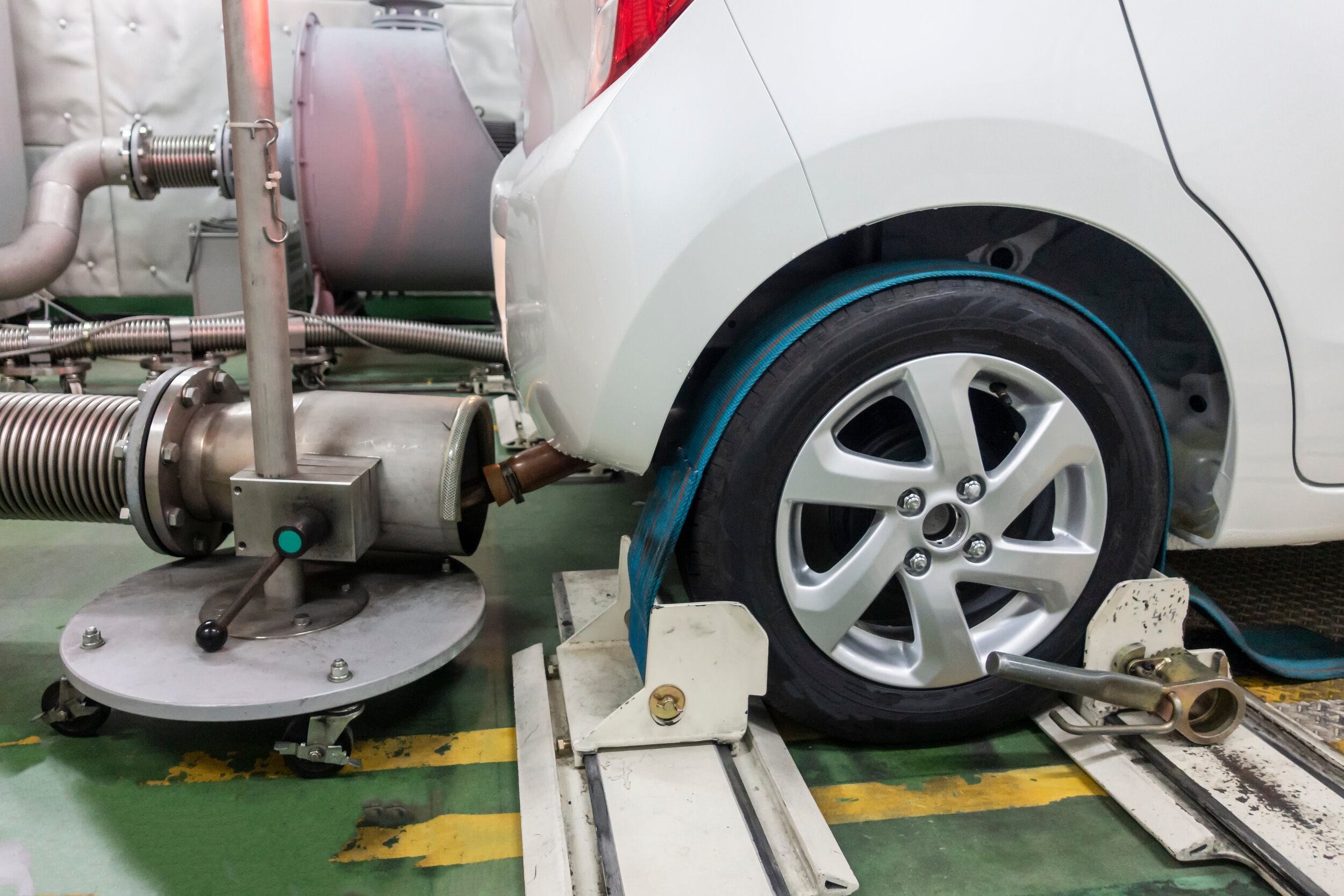
Emissions Claim Information
You have the right to choose how you will pursue compensation for a manufacturer’s emission scandal
When automotive companies sell vehicles that use defeat devices to improve vehicle performance, they manufacture and put a product on the road that does not align with their regulatory agreements (or guarantees). Once that is done, there is no turning back – the manufacturer is responsible for whatever happens next while vehicle owners are often left in the dark. Unfortunately, owners cannot know how they will be impacted by an ongoing emissions scandal until it is too late. The manufacturer’s efforts to undo their ‘bad act’ has a direct impact on owners.
Rather than buy the car back at its original purchase price and take full responsibility, manufacturers often choose to settle class actions for proportionally small amounts of money to limit or bury their liability. Even though the headline might say “Manufacturer Fined $1 Billion for Emissions Cheating,” the reality is that the company is likely avoiding billions more in liability by not having to repurchase/‘buy back’ the vehicles at fair value, while owners can take on drops in resale value, performance, and more through the class-required software update.
Whether you bought your vehicle for its environmental friendliness, quality MPGs, unique performance, or any other reason, the manufacturer’s emissions cheating must be undone. However, the so-called remedy, often called a software update or ‘patch,’ can create massive problems in the performance of vehicles after its installation. Those problems can include:
decreased fuel economy
acceleration issues
inconsistency in engine performance
reduced power
issues starting
Combined with the tarnished image caused by a cheating scandal, these emissions patch-related issues can dramatically drive down resale value and hit the owner’s wallet hard.
When owners read about an investigation or class action lawsuit, their thoughts often stray to the politics surrounding emissions. People have strong sentiments about pollution and global warming - they either believe it is a critical challenge to the world or an issue raised by environmental groups. However, when a class settlement has been reached, neither of these ideas about pollution or global warming are a factor. The reality is that all owners are automatically included in the settlement. Whether you believe NOx emissions are a major challenge to global sustainability or not, the decisions made by the government and in class action proceedings will likely have an impact on you and your finances.
The basis for the existence of these cases is not political. The so-called ‘Dieselgate’ series of investigations were not started by a California-based environmental group or opportunistic politicians looking to make a splash. Instead, they began due to the work of a West Virginia University professor who was studying how emission levels varied between real-world driving and laboratory testing. That effort, in turn, revealed that the testing being done in isolated facilities using large treadmills, also known as dynamometers, turned up vastly different results than when the vehicles were outfitted with testing gear and driven on roads and highways. The professor’s research into Volkswagen’s emission violations has since expanded to include other manufacturers. You can learn more about the settled and ongoing legal matters here on our website.
The critical point in an emissions scandal occurs when the government and manufacturer agree on what the software update or ‘fix’ will be. In a settlement, the manufacturer acknowledges that the vehicles they sold are not compliant with the regulatory standards they were sold under, and they agree to ‘resolve’ the problem. In practice, this step involves the manufacturer making changes to how the cars or trucks operate in order to comply with governmental standards. These changes can be made to either the physical makeup of the vehicle or in updates to the vehicle software.
If the vehicles were able to achieve such great performance without bending or breaking the rules, wouldn’t the manufacturer just have built them that way in the first place?
Vehicle updates can be extremely problematic. A prime example of an emissions scandal resulting in major issues for owners was the recent Fiat Chrysler FCA EcoDiesel matter, which involved a software patch/update that presented as ‘not expected’ concerning the impact as to how the trucks could perform. However, the problem ended up affecting thousands of owners due to the change it caused to the vehicle’s performance. Countless drivers cited issues related to the update such as:
Faulty/incorrect dashboard display readings, A/C shorts and error codes
Sluggish acceleration/lag/non-starting and other safety concerns
This issue is not limited to Fiat Chrysler. These software patches/updates have created problems for manufacturers worldwide. In turn, these issues have become “the vehicle owner’s problem” due to class settlement terms that may prevent owners from seeking compensation for further damages.
Unfortunately, thousands of people continue to be negatively affected by the outcomes of these class action lawsuits in the wake of emissions scandals.